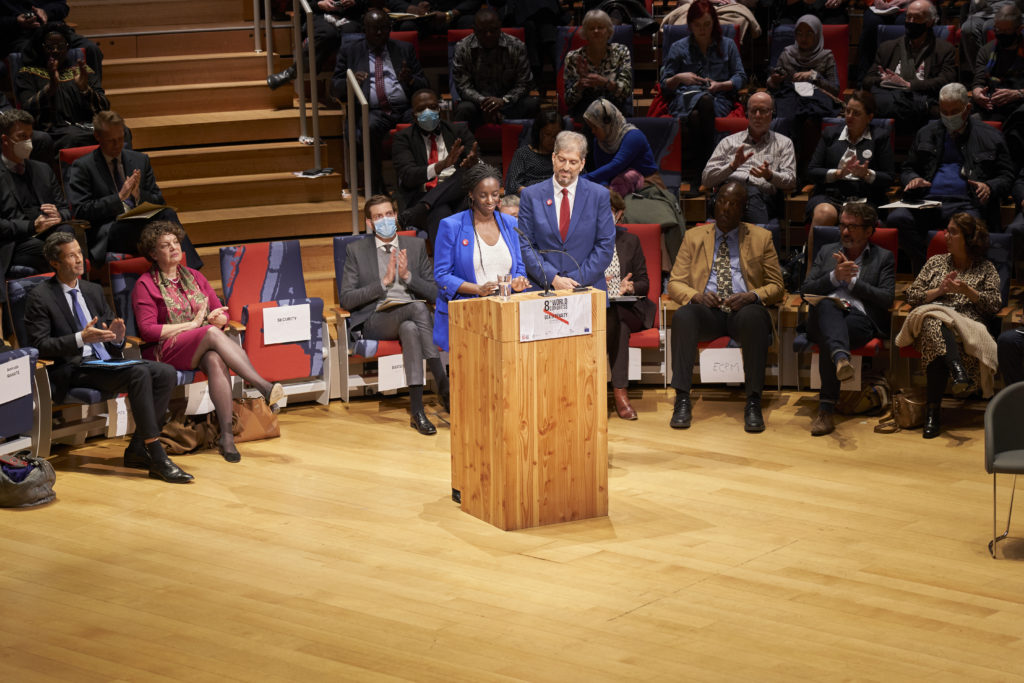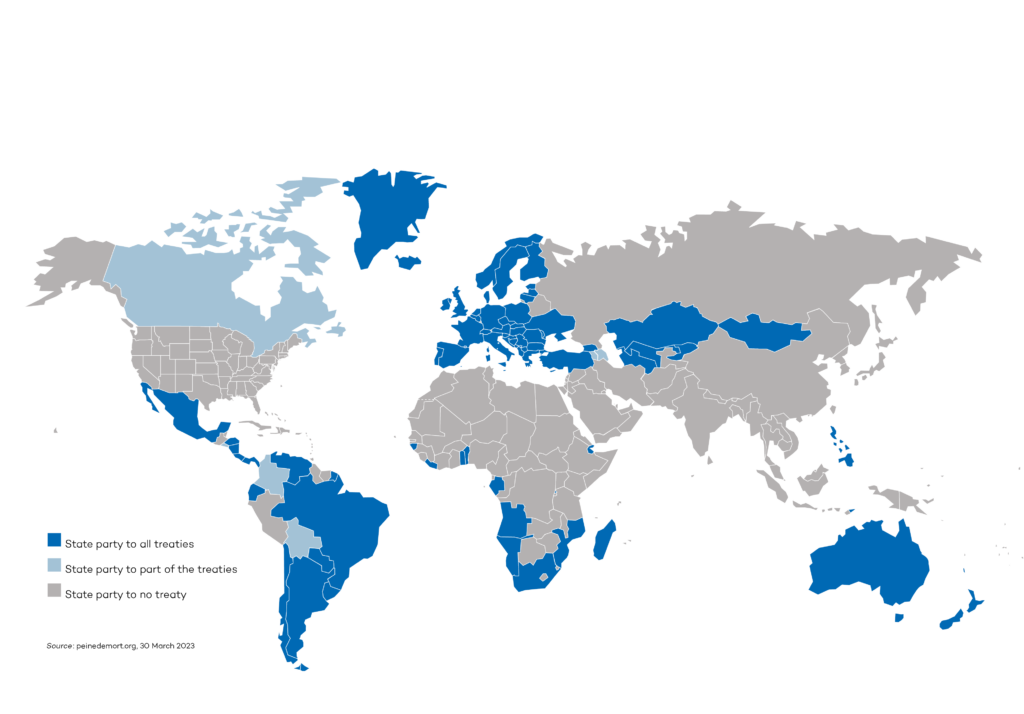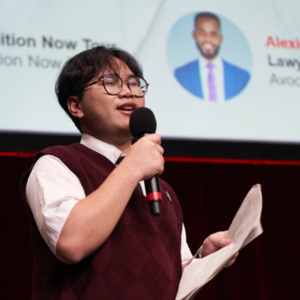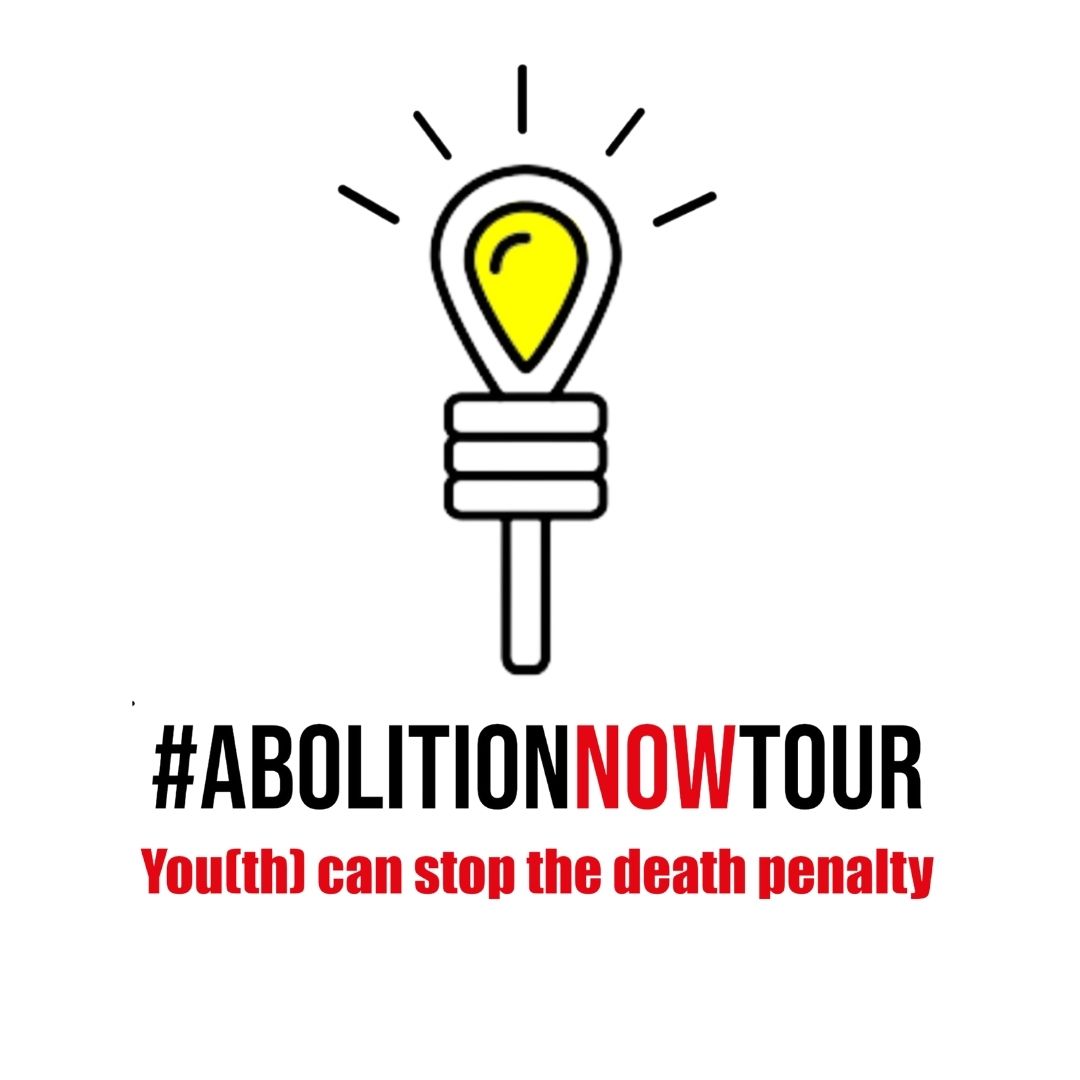
Preface
Young hope for abolition of the death penalty
Welcome to the Proceedings of the 8th World Congress Against the Death Penalty. Every three years, this global event provides an opportunity for people who have a common concern about the death penalty, from experts to passionate abolitionists, to share their knowledge and experience, to unite and to march towards the same goal: the abolition of the death penalty.
Young abolitionists are essential to the continuity of the movement and to the future of the fight against the death penalty. Values, ideas and mindsets change with each generation. Younger generations play a crucial role in the success of the movement, bringing unique perspectives on the world and a deep desire to see a fairer and more equal society. The abolitionist movement has developed and expanded in recent years, and we are proud to be part of it.
Before taking part in this Congress, I was just a young professional working in the field of human rights in Indonesia. I knew very little about the death penalty, but the more I learned, the more intrigued I became. South-East Asia is a global death penalty hotspot, with sentences and executions taking place every year. The death penalty is a complex issue that affects not only those sentenced to death, but also their families and communities. It is an irreversible punishment and the risk of executing an innocent person is ever present.
The idea that increasingly underpins the use of the death penalty is that it will deter criminals. However, research has shown that the death penalty has no significant effect on reducing the crime rate. On the contrary, it perpetuates a cycle of violence and dehumanisation. I believe in universalism. I believe that every person in this world has the right to life and to be free from torture. So, the question is why, in the 21st century, are we still depriving people of their rights by carrying out the death penalty?
The Abolition Now Tour project helped me to understand these issues by giving me the opportunity to meet seven other remarkable people from different backgrounds in my country, Indonesia. We were different in every way, but we shared a common conviction: the death penalty is not an option that should exist in our world. Through our research and exchanges, we came to understand that the shared perception of the death penalty in our country is related to the way in which the circumstances surrounding a death sentence or execution are often deliberately muddied, even glorified, by the mainstream media.
Starting from this premise, we were able to find the means to justify the objectives of abolition of the death penalty in a more rational and acceptable way in the minds of our fellow citizens. We brainstormed, devised strategies and launched a campaign that was our own and that could be relayed by young people all over the country. The two-day workshop in which we all took part taught me that we had to find approaches other than the usual arguments. We need to draw on different concepts that are applicable to our culture and norms.
Then the time came for us to take off for Berlin and present our idea at the World Congress, only to realise that our little abolitionist group was not the only one fighting. As a member of the Academic Committee that developed the Congress programme, I had the opportunity to familiarise myself with its main themes and ensured that young people were represented in all the debates and discussion groups. As a result, young abolitionists from all over the world, sharing the same concerns, the same hope and moving towards the same goal, were able to participate actively in the Congress. Given the youth, hope and motivation of each of us, a strong sense of unity emerged, and bonds were forged.
Although we live in a society where civic space is shrinking and destabilised, we will not stop. Young people are and always will be there to support the cause. Our little match will burn as brightly as a blazing torch if we unite. We are ready to continue the fight.
Abolishing the death penalty is not straightforward but it is necessary. It requires us to move beyond our comfort zones and work towards a future where every human life is valued and respected. We must continue to advocate for the abolition of the death penalty, both locally and globally. We must show our elected representatives, authorities, judges and society in general that the death penalty is not the solution and that there are other ways of promoting justice and accountability.
I hope that these Proceedings will give you an insight into my story, your story, our story and the story of all those who are still striving for a world where the death penalty will no longer exist. Let’s unite and march towards a future where every human life is valued and respected. Together, we can make a difference.
Towards abolition of the death penalty, now!
Introduction

The 8th World Congress Against the Death Penalty, held in Berlin in November 2022, brought together world leaders, diplomats and parliamentarians, activists, lawyers and judges, academics and members of civil society committed to the abolition of capital punishment. For over twenty years, ECPM has organised this key international meeting in the abolitionist calendar on a triennial basis. More than an activist gathering, the World Congress has over the years become a global campaign for universal abolition and an exceptional political lever.
For the first time in the history of the Congress, states took part to officially announce the abolition of the death penalty in their countries. For the first time, tangible progress was recorded thanks to the unprecedented mobilisation campaign led by ECPM, its partners, the Congress sponsors (Germany, the European Union, Switzerland and France) and all the other members of the diplomatic group supporting the World Congress. ECPM thus welcomed more than twenty-five ministers and secretaries of state, in addition to the many other countries, often reluctant to debate capital punishment, that approached the organisers to take part in this year’s event. We were also joined by US representatives, including governors, senators, members of Congress and parliamentarians from states including Ohio.
“We call on President Biden to honour his commitments by abolishing the death penalty at federal level and commuting all federal death sentences in the United States.”
Raphaël Chenuil-Hazan, ECPM Executive Director at the Opening Ceremony
The World Congress was an opportunity to take stock of how far we have come and to work together on strategies for the future, because it is by bringing together all the actors working in their own way for abolition that the struggle makes progress. Political representatives change laws, diplomats develop international standards, lawyers provide representation, judges decide cases, journalists report on social and legal debates, and human rights NGOs at international, regional and local level – ensure the link between all these actors.
We were also able to raise the fundamental questions of the political role played by the death penalty for governments and the key issue of transparency.
“Dictatorships and totalitarian states the world over are the most fervent defenders of capital punishment. It is carried out in the shadow of the scaffold in an atmosphere of shame and opprobrium. Long gone are the days when the executioner was proud to carry out executions in public, as a message to the crowd, to public opinion. We call for complete and indispensable transparency on convictions, executions and conditions of detention.”
Raphaël Chenuil-Hazan, ECPM Executive Director
Examining the role of new generations and young people in the fight against the death penalty, the Congress highlighted the importance of intergenerational dialogue and collaboration. Indeed, the exchange of experiences, knowledge and strategies between seasoned activists and young human rights defenders offers considerable potential for strengthening the global abolitionist movement. It allows us to learn from experience, adapt to changing societal dynamics and foster sustainable progress towards a death penalty-free world. The Congress recognised that the involvement of young people is essential to achieving sustainable change and advancing human rights. With their energy, passion and fresh perspectives, new generations have become key agents in transforming societies around the world. Young people’s involvement in the fight against the death penalty is part of a growing global movement for the protection of human dignity, the abolition of cruel and inhuman punishment, and the pursuit of justice and reconciliation.
Finally, as in previous years, the Berlin Congress also gave the floor to a number of key witnesses on the death penalty, former death row prisoners, women and men who have experienced the horrors of the infernal machine and the capital punishment system.
You will find all this in the pages of these Proceedings, through the summaries of the debates between speakers, innovative themes and new abolitionist trends and perspectives. Great ideals are not passed on through bequests, but through constant effort, transmission and appropriation by new generations. It was in this spirit that the Berlin Congress brought together the growing abolitionist family to keep the flame of our struggle burning, stronger than ever.
Raphaël Chenuil-Hazan
ECPM Executive Director
Aminata Niakate
President of ECPM


